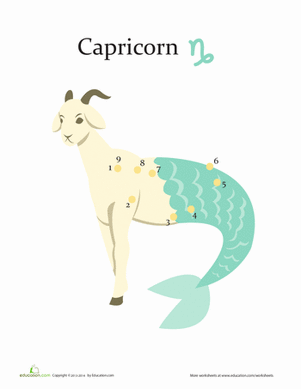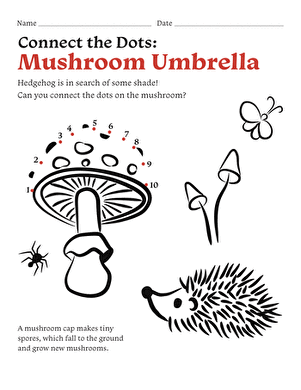Offline Educational Kindergarten Science Games
About Offline Educational Kindergarten Science Games
On Education.com, offline kindergarten science games provide hands-on activities that engage children in exploring the natural world, encouraging curiosity and observation skills. These physical games, such as scavenger hunts, nature bingo, and plant identification activities, help young learners connect classroom concepts to real-world experiences. By integrating structured lesson plans and printable charts, teachers and parents can create a variety of engaging experiments and exploration tasks.
Educators and caregivers can access a selection of educational resources on Education.com that include printables, guided activities, and interactive classroom materials. These resources support preschool general science, biology, and ecology lessons while ensuring active participation for young students. Practice can be enhanced through worksheets and puzzles that reinforce measurement, identification, and scientific inquiry skills at a comfortable and tangible scale.
Using the bedrock of educational games on Education.com, parents and teachers can provide structured play that promotes science learning. This approach simplifies lesson planning while offering diverse ways for children to apply foundational scientific concepts. From classroom activities to home exploration, sharing these printable games makes science accessible and enjoyable for early learners.
Educators and caregivers can access a selection of educational resources on Education.com that include printables, guided activities, and interactive classroom materials. These resources support preschool general science, biology, and ecology lessons while ensuring active participation for young students. Practice can be enhanced through worksheets and puzzles that reinforce measurement, identification, and scientific inquiry skills at a comfortable and tangible scale.
Using the bedrock of educational games on Education.com, parents and teachers can provide structured play that promotes science learning. This approach simplifies lesson planning while offering diverse ways for children to apply foundational scientific concepts. From classroom activities to home exploration, sharing these printable games makes science accessible and enjoyable for early learners.

























